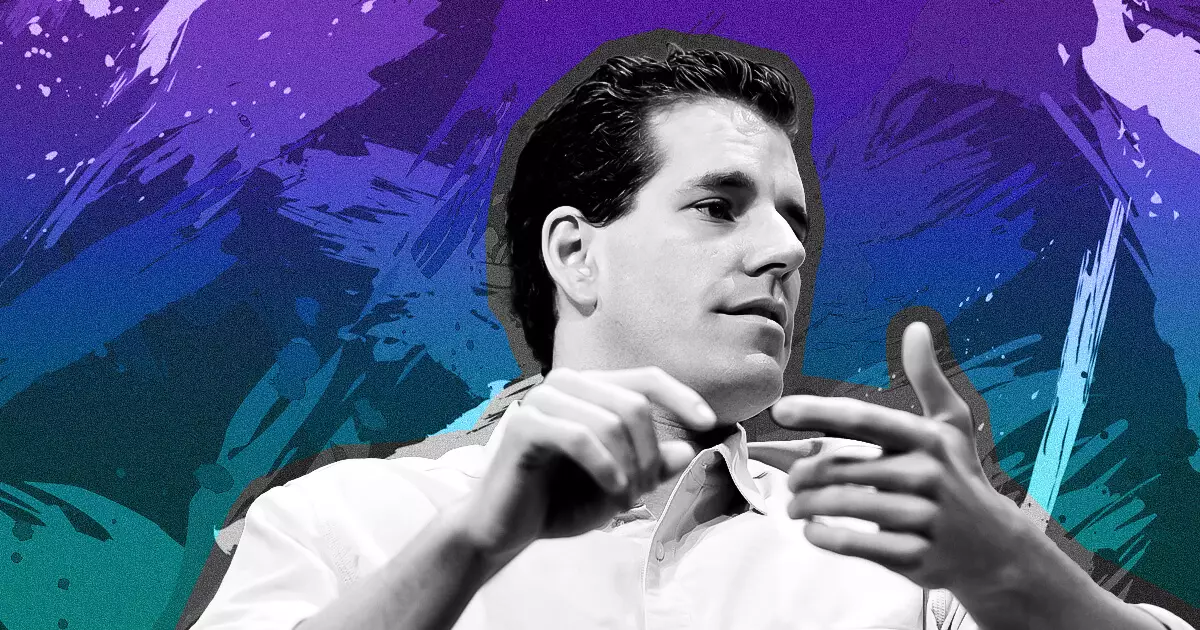After analyzing the controversial remarks made by Gemini co-founder Tyler Winklevoss regarding the recent “reset” of Vice President Kamala Harris’s crypto stance, it becomes clear that there are serious concerns about the Federal Reserve’s crackdown. Winklevoss’s accusations of a “scam” in response to the Federal Reserve’s enforcement action against Customers Bank raise important questions about the motives behind such actions.
Winklevoss’s assertion that the Federal Reserve’s enforcement action against Customers Bank could potentially create a choke point in the crypto industry is a legitimate concern. By requiring written notice before entering into a new banking relationship with crypto firms, the Federal Reserve is positioning itself as a gatekeeper, controlling the flow of funds in the industry. This centralized decision-making process goes against the principles of decentralized regulation that should govern the banking industry.
The accusations made by the Federal Reserve regarding Customers Bank’s risk management practices and compliance with anti-money laundering laws are described by Winklevoss as “non-allegation allegations.” The lack of specific details and tangible evidence to support these claims raises doubts about the legitimacy of the enforcement action. It is concerning that such a powerful institution like the Federal Reserve can make vague allegations without providing concrete proof.
According to Winklevoss, the Federal Reserve’s real motive behind the enforcement action is to gain control over Customers Bank’s decision-making process. By building a public case based on vague allegations, the Federal Reserve aims to influence which companies and industries the bank can serve. This level of control over the banking industry raises serious concerns about the Federal Reserve’s intentions and the potential consequences for the crypto community.
Winklevoss’s warning that the Federal Reserve is “playing nice” with Customers Bank and the crypto industry is a chilling reminder of the power dynamics at play. If Harris were to win the election in November, Winklevoss believes that the Federal Reserve’s actions would escalate, leading to even greater control and intervention in the banking sector. This potential scenario raises alarms about the future of the crypto industry and the autonomy of banks to serve their customers.
The criticism leveled by Tyler Winklevoss at the Federal Reserve’s enforcement action against Customers Bank and Vice President Kamala Harris’s crypto stance reset shines a light on the hidden agendas and power struggles within the banking industry. The lack of transparency, unsubstantiated allegations, and concerns about centralized control all point to a troubling trend that could have far-reaching implications for the crypto community. It is imperative that we continue to question and hold accountable those in positions of power to ensure a fair and just financial system for all.

